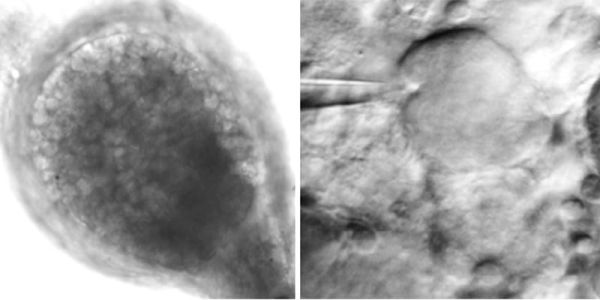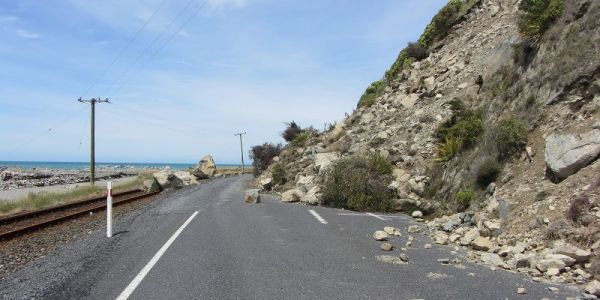
Mud volcanoes deliver new clue to life beneath ocean floor
Rock fragments brought to the sea floor by massive mud volcanoes have given scientists new clues about how far life may extend into the Earth’s interior.

Rock fragments brought to the sea floor by massive mud volcanoes have given scientists new clues about how far life may extend into the Earth’s interior.

Global warming will thaw about 20% more permafrost than previously thought, scientists have warned; potentially releasing significant amounts of greenhouse gases into the Earth’s atmosphere.

The body’s peripheral nervous system could be capable of interpreting its environment and modulating pain, neuroscientists have established, after studying how rodents reacted to stimulation.

Pub goers can pair their pint with the latest scientific research as the University of Leeds brings Pint of Science to city watering holes.

A newly signed international agreement aims to expand academic co-operation and collaboration and promote sustainability, enterprise and local development.

The University is hosting a free event tomorrow (Saturday, 25 March) to showcase some of its research to members of the public of all ages.

Leeds has been voted in the top five universities in the UK in the new Times Higher Education’s Student Experience Survey.

Dramatic data from last year’s major earthquake in Kaikoura, New Zealand, will change the way scientists think about earthquake hazards in tectonic plate boundary zones.

Developing countries struggling to cope with huge volumes of human waste may finally get some relief – and a new business opportunity.

The University of Leeds has today announced a new partnership with Pearson.